All Oppression Shall Cease
By Christopher Kellerman, S.J. (Orbis, 2022)
At the beginning of social healing is truth-telling. This involves the true stories of victims of oppression, but also of the actions of wrongdoers. The work of reconciliation can be challenging, because wrongdoers and their descendants, who fear that they may lose power, see no benefit in participating. This is why many U.S. churches and society have not reckoned with their complicity in the evil of chattel slavery.
All Oppression Shall Cease by Christopher Kellerman documents the complicity of the Catholic Church, in its teachings and practice, in enslaving African peoples. Slavery, of one kind or another, is as old as humankind. And, as Kellerman shows, many in the church tolerated, supported, or were complicit in slavery from its beginning. In each era, only a minority of voices in the church raised questions, resisted, or were abolitionists.
Kellerman surveys the practices of slavery from the ancient world to early Christianity, through the Middle Ages and beyond. He describes how, in the era of colonization, enslavement took on new characteristics and was connected to the invention of “race.” Focusing on the antebellum United States, he documents how the church, and many religious orders, were owners of enslaved people. The subsequent sections detailing abolitionist movements help clarify this asymmetry in the church’s involvement with slavery. Kellerman’s concluding chapter poses pragmatic questions about reparations.
Winston Churchill supposedly said, “Americans will always do the right thing, only after they have tried everything else.” Given its history of benefitting from the enslavement of Africans, this also pertains to the U.S. Catholic Church. Healing from the evil of enslavement may eventually become a reality. But, as Kellerman’s study suggests, we can’t expect it to arrive without great struggle.
—Kevin P. Considine
Non-Toxic Masculinity
By Zachary Wagner (InterVarsity Press, 2023)
Zachary Wagner’s Non-Toxic Masculinity uncovers the harmful effects of purity culture, the dialectical response to the free love era. While Wagner writes from his evangelical perspective, there are many parallels with purity culture in the Catholic Church.
Purity culture’s negative effects stem from its male-dominated structure and include sexual repression, the false promise of marital bliss by avoiding premarital sex, shame for sexual thoughts, and the dehumanization of women. The last area fuels toxic masculinity, which excuses men from accountability and exploits the advantage society bestows on them. Rather than promote marital bliss, this dynamic fosters resentment and can destroy families. Often the husband blames the wife for the unfulfilled sex life that purity culture promised.
Wagner also connects purity culture to Christian nationalism and the prosperity gospel. With the former, there is the notion that society ought to adopt Christian beliefs and practices rather than allow for religious freedom. With the latter, as the prosperity gospel promotes giving to one’s church to ensure material abundance as a sign of God’s favor, purity culture asserts that withholding sexual relations until marriage promises fulfilling sex.
Those who have been formed by purity culture and the prosperity gospel, whether they realize it or not, have been duped. Wagner’s book is an important contribution in moving toward a healthy masculinity and a balanced view of sex that promotes authentic purity by repenting of toxic norms and recognizing the dignity in oneself and the other. Many may find this book eye-opening, realizing how they have been inundated with the harmful effects of purity culture. Non-toxic masculinity, rooted in Christ and serving the other instead of solely oneself, is direly needed.
—Matt Kappadakunnel
Briefly noted:
Pregnant While Black: Advancing Justice for Maternal Health in America
By Monique Rainford (Broadleaf Books, 2023)
Drawing on her experience as an OB/GYN, Rainford takes a hopeful look at what we can do about racial pregnancy disparities.
Uranians
By Theodore McCombs (Astra House, 2023)
This book features five speculative stories that span several possible worlds, showing the vital role that queerness plays in each one.
Poverty, by America
By Matthew Desmond (Crown, 2023)
Desmond looks at how ordinary people in the United States benefit from and perpetuate poverty, often without realizing it.
This article also appears in the June 2023 issue of U.S. Catholic (Vol. 88, No. 6, page 39). Click here to subscribe to the magazine.


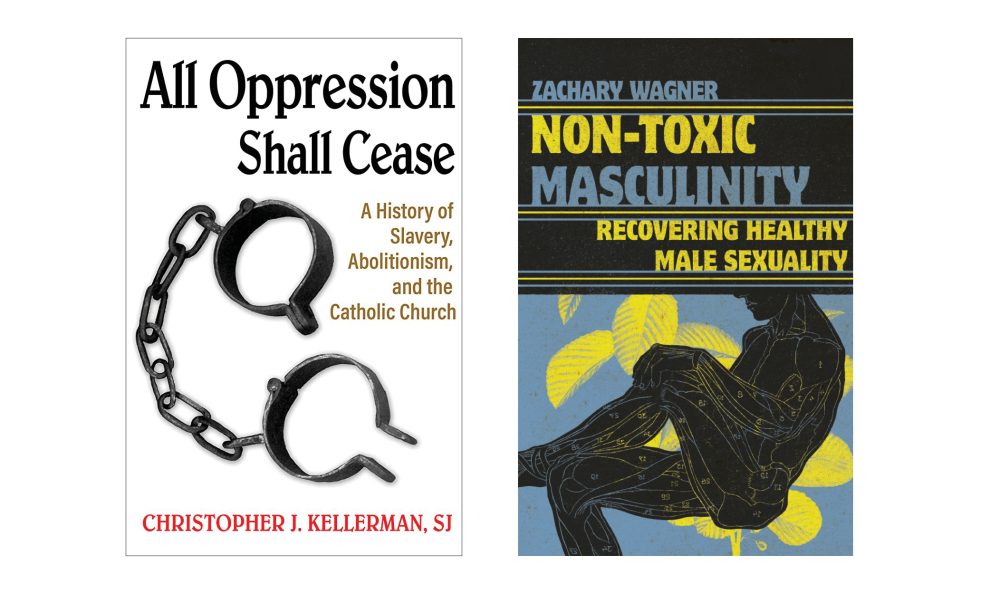
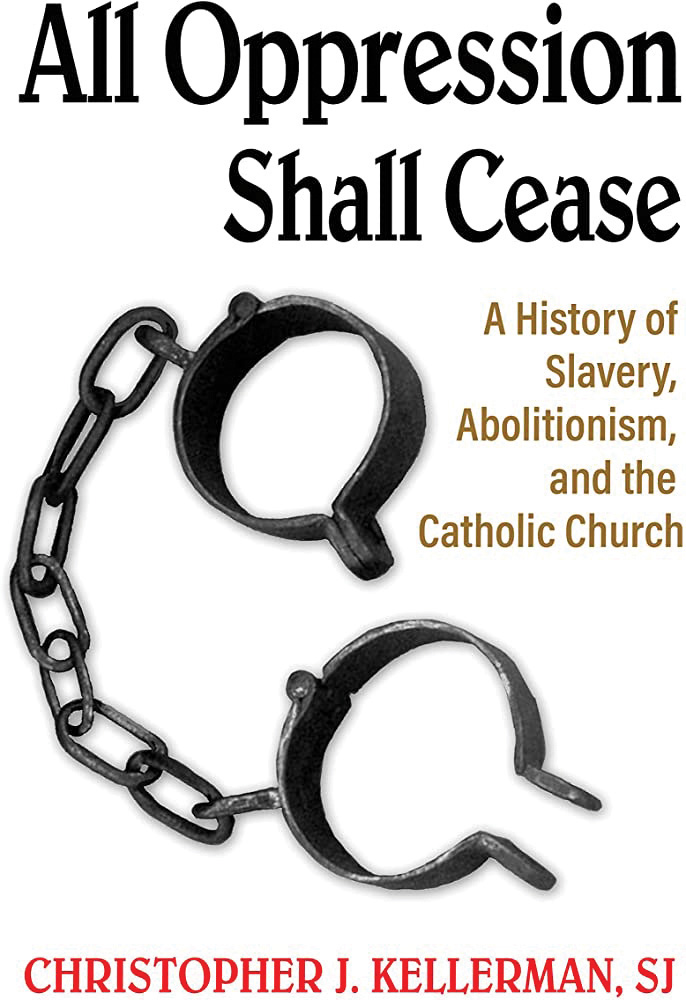

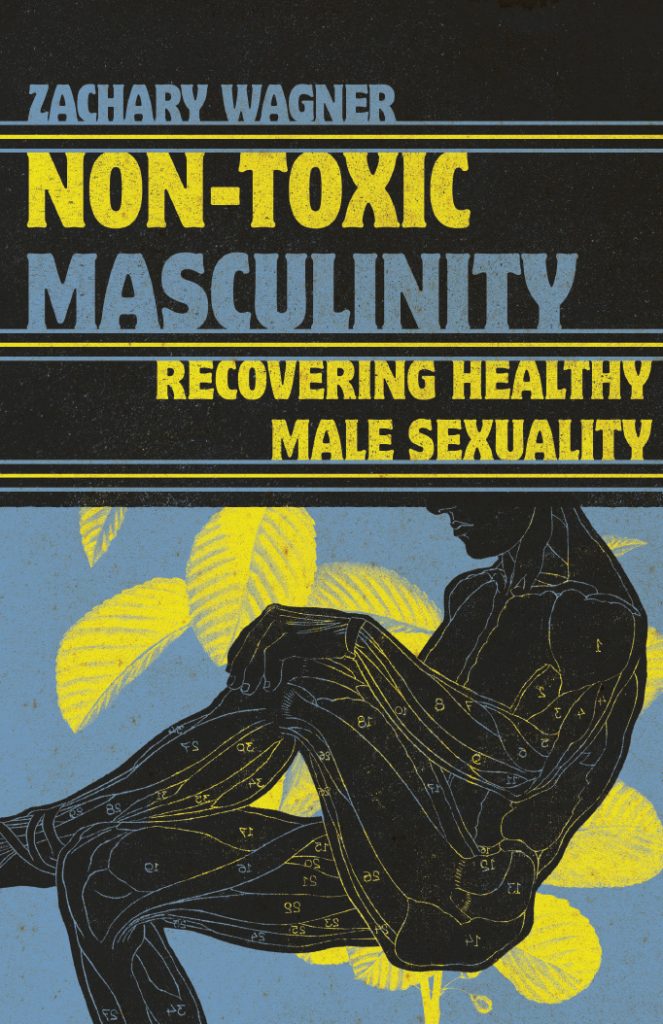
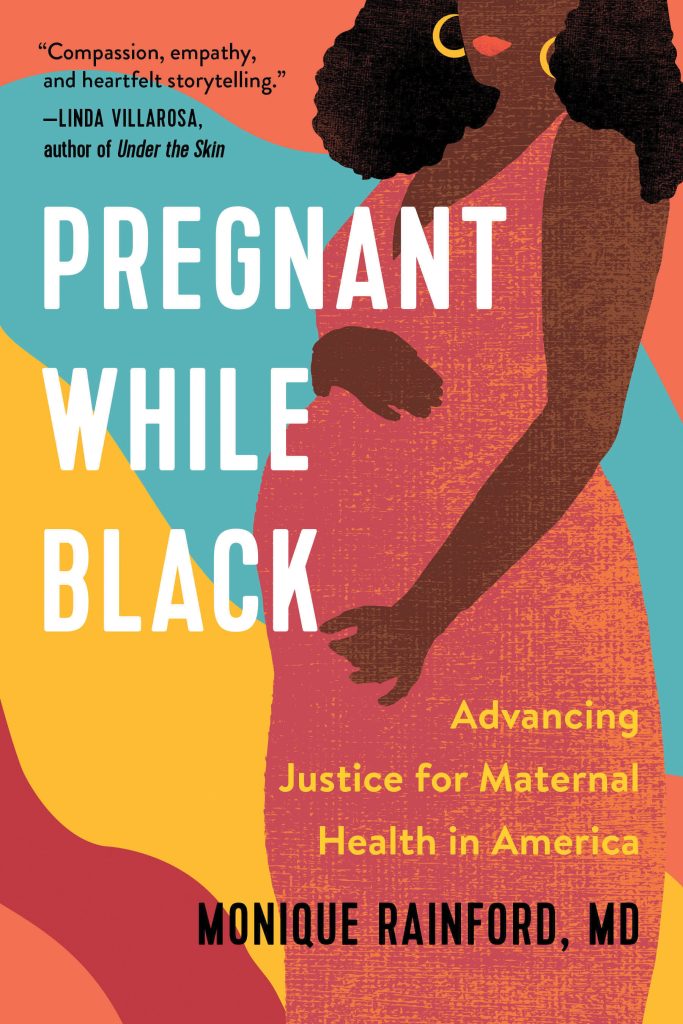

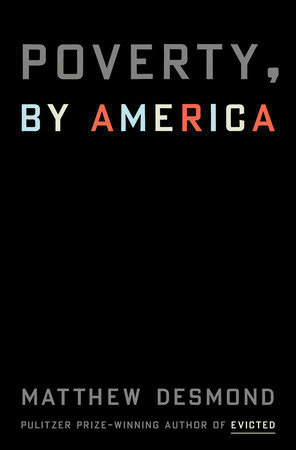











Add comment